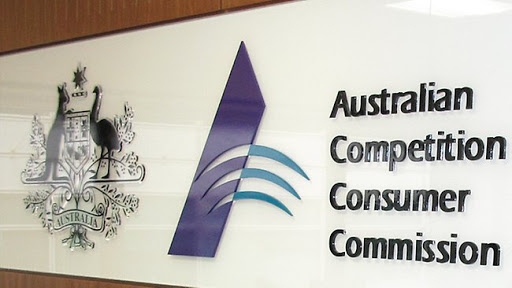Judge ‘gags’ at ACCC’s proposed $5M penalty in Google ads case against Employsure


A judge said he “gagged” at the Australian Competition and Consumer Commission’s proposed $5 million pecuniary penalty in its case against specialist workplace relations company Employsure over six misleading Google ads.
For information on rights and reprints, contact subscriptions@lawyerly.com.au